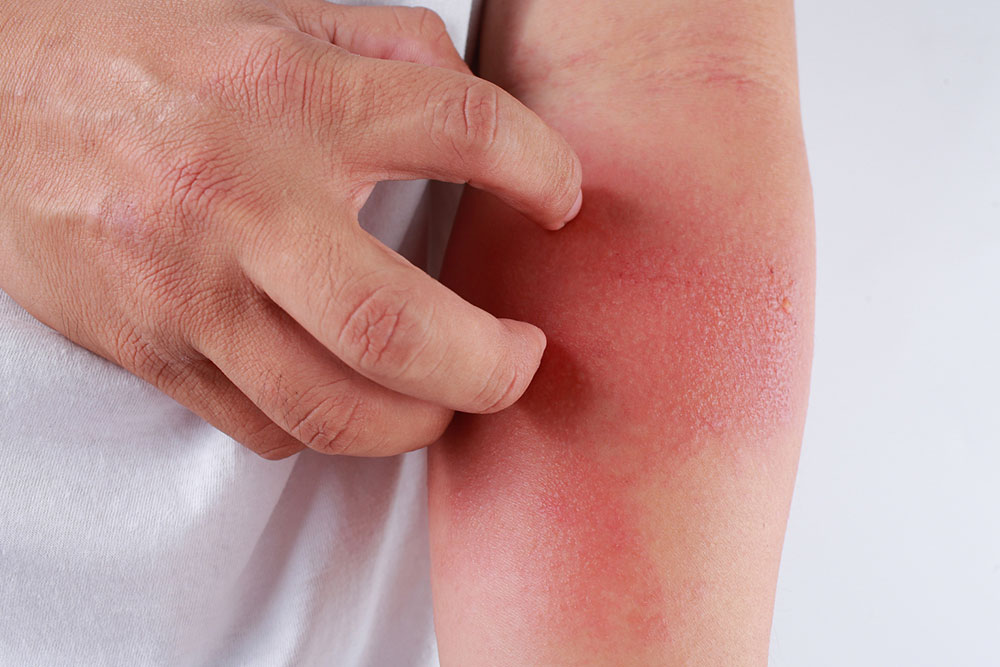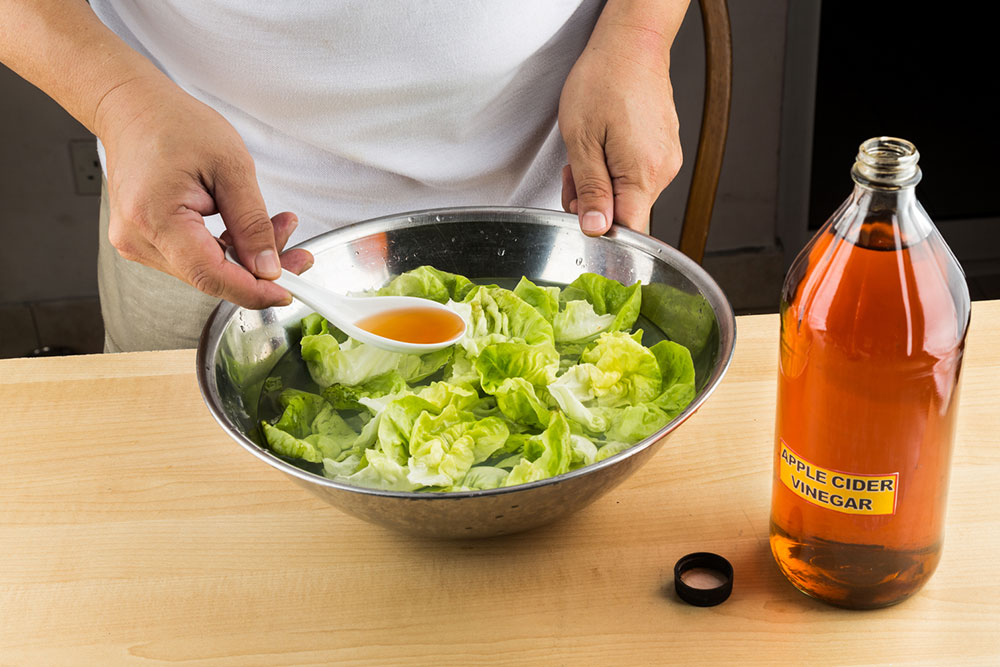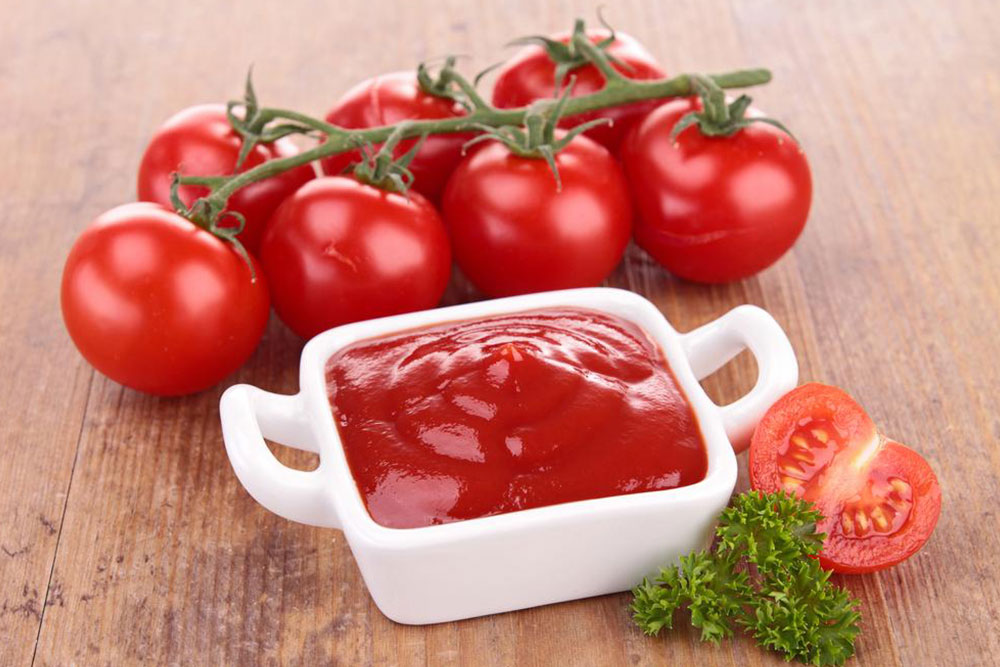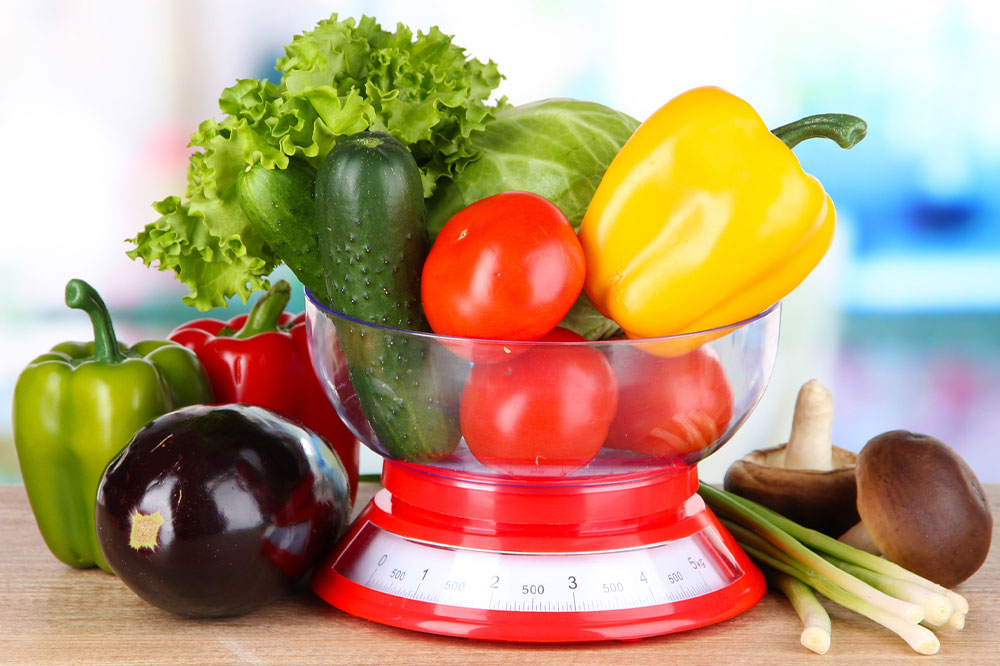Diet Tips: Foods to Support and Avoid for Eczema Management
Learn effective dietary strategies for managing eczema by understanding which foods to include or avoid. This article highlights eczema-friendly foods rich in omega-3s, probiotics, and antioxidants, while identifying common triggers. Adopting an anti-inflammatory diet and personalized elimination plans can help reduce flare-ups. Consult with healthcare professionals for tailored advice to improve skin health and manage symptoms effectively.

Guidelines on Foods for Eczema Patients
Atopic dermatitis, commonly known as eczema, results in dry, itchy skin. While the precise cause remains uncertain, research links it to an exaggerated nervous system response to irritants. Beyond topical treatments, dietary choices and lifestyle modifications can help control flare-ups.
Who Is Prone to Eczema?
Individuals with a family history of eczema are more susceptible. Children and infants born into families with allergic conditions like asthma or hay fever also face increased risk.
Foods That May Help Manage Eczema
Since food allergies can trigger or worsen eczema symptoms, it’s essential to identify personal food sensitivities. Common allergens include eggs, dairy, gluten, soy, seafood, nuts, and shellfish, but reactions vary among individuals. Eating these foods doesn’t cause eczema directly but can trigger flare-ups. Following an eczema-friendly diet can help manage symptoms more effectively.
Adopting an anti-inflammatory diet may be beneficial, as it emphasizes foods that combat inflammation. Some key components include:
Omega-3 rich fish such as tuna, mackerel, salmon, sardines, and herring can reduce inflammation.
Probiotic-rich foods like yogurt, tempeh, and fermented products like sauerkraut, kefir, and soft cheeses support gut health.
Fruits and vegetables high in quercetin, like cherries, broccoli, kale, and spinach, can help curb inflammation.
Top 7 Eczema-Friendly Foods
Bananas, high in potassium, aid skin health.
Potatoes, providing potassium, vitamin C, and fiber.
Broth made from chicken or beef offers amino acids critical for skin repair.
Green onions, rich in vitamin K, support skin integrity.
Rice milk, hypoallergenic and chemical-free, is safe for eczema sufferers.
Buckwheat, gluten-free with anti-inflammatory benefits.
Mung bean sprouts, alkalizing foods that can soothe irritated skin.
Because individual reactions vary, it’s important to monitor how specific foods impact your skin. Consider an elimination diet by removing suspected triggers for two weeks, then reintroducing them gradually. Food reactions may take hours or days to surface, so patience in observing responses is key.
Foods like citrus, gluten, soy, certain spices, nuts, and tomatoes may provoke eczema flare-ups, and avoiding them can help. An elimination diet, guided by a healthcare professional, can help identify problematic foods.
While no single diet cures eczema, diets rich in antioxidants—such as the Mediterranean or anti-inflammatory diets—may reduce symptoms. These involve consuming plenty of vegetables, fruits, healthy fats, and fish. Consulting a healthcare provider for personalized advice is recommended if symptoms persist.









